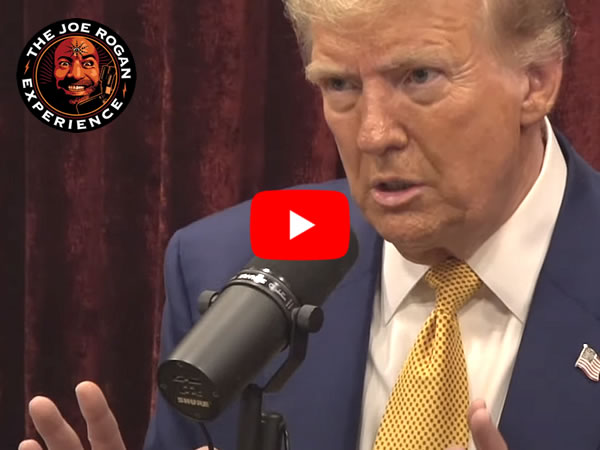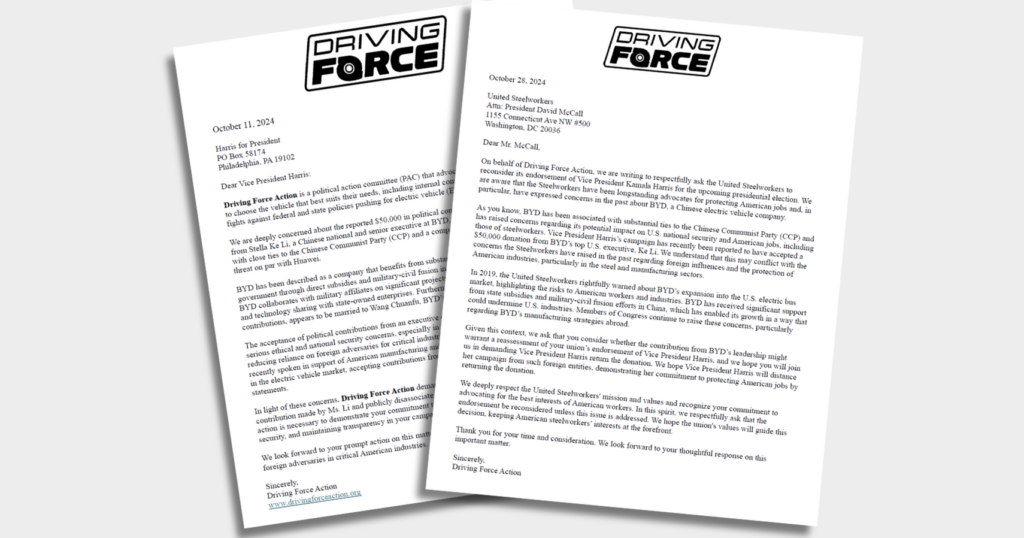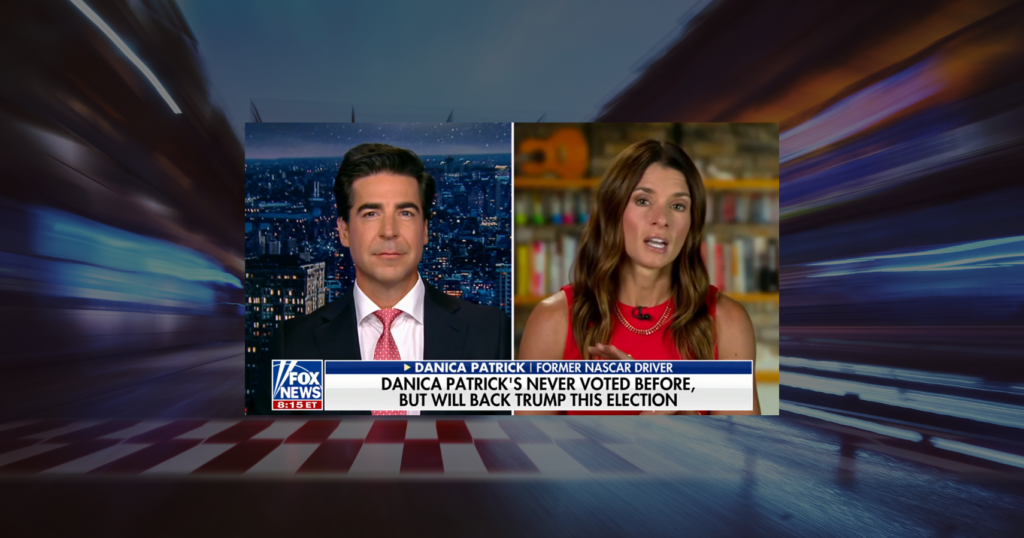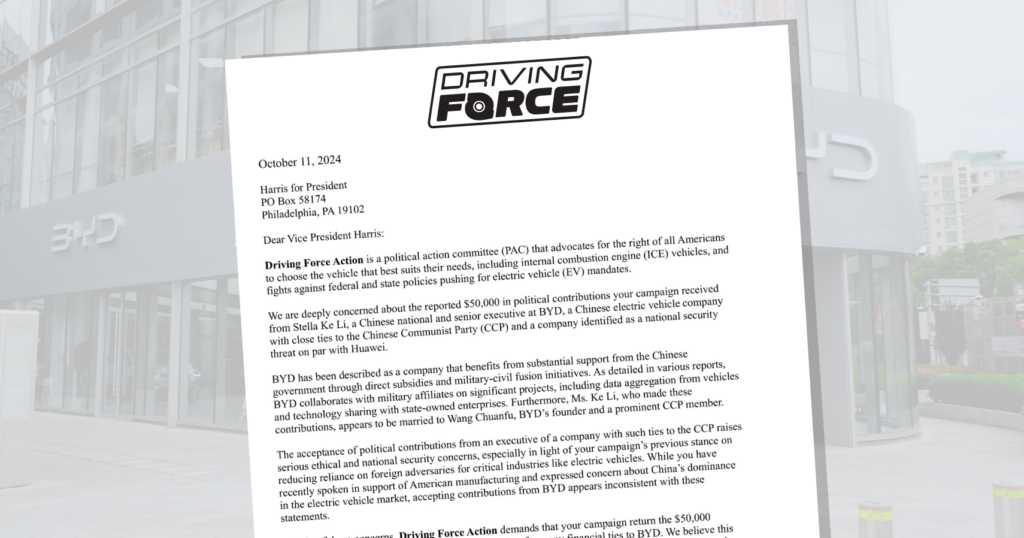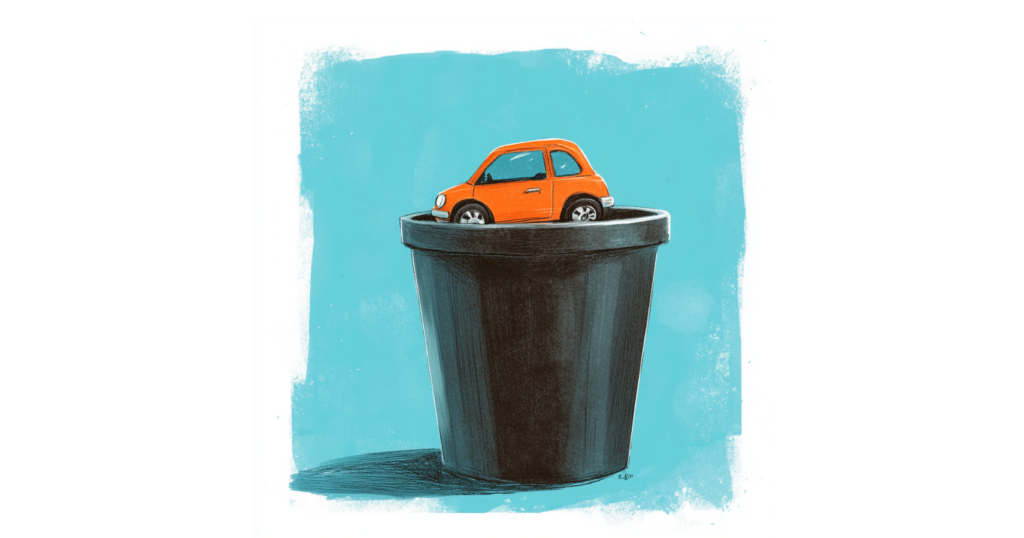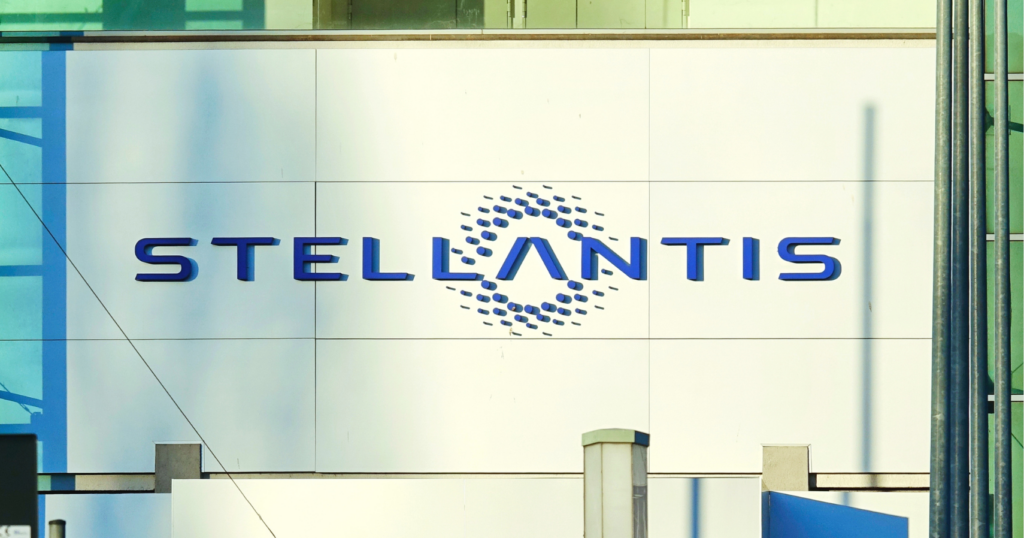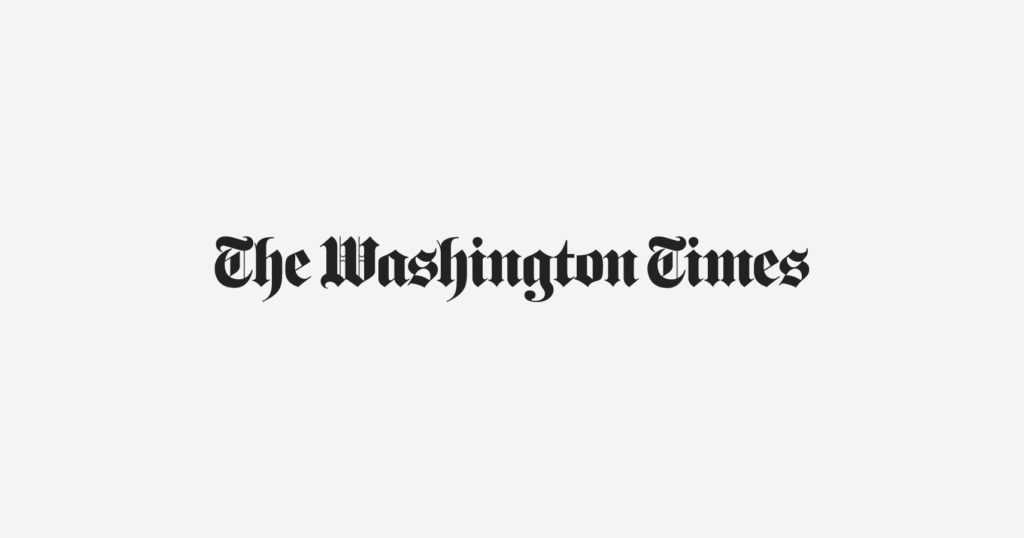A recent Harvard Business School (HBS) study highlights significant reliability and accessibility issues with electric vehicle (EV) charging infrastructure. By analyzing over a million customer reviews of charging stations globally, the study found that non-residential EV chargers fail approximately 20% of the time, creating “charging deserts” in rural areas. This unreliability and uneven distribution of chargers pose significant challenges to President Biden’s vision of an EV-dominated future. The study also pointed out consumer frustrations with unpredictable pricing, likening the current state of EV charging to a “Wild West” scenario.
Despite these obstacles, the Biden administration continues to push for an aggressive transition to EVs, aiming for EVs to constitute 50% of new car sales by 2030. Federal funding of $7.5 billion was allocated in the 2021 Infrastructure Investment and Jobs Act to support the construction of public EV chargers. However, progress has been slow, with most chargers concentrated in densely populated coastal regions, leaving many rural areas underserved. Additionally, regulatory requirements to ensure diversity, equity, and inclusion in grantee projects have further complicated the rollout. Congressional Republicans have expressed doubts about the program’s efficacy, while administration officials maintain their commitment to advancing the EV infrastructure agenda.


